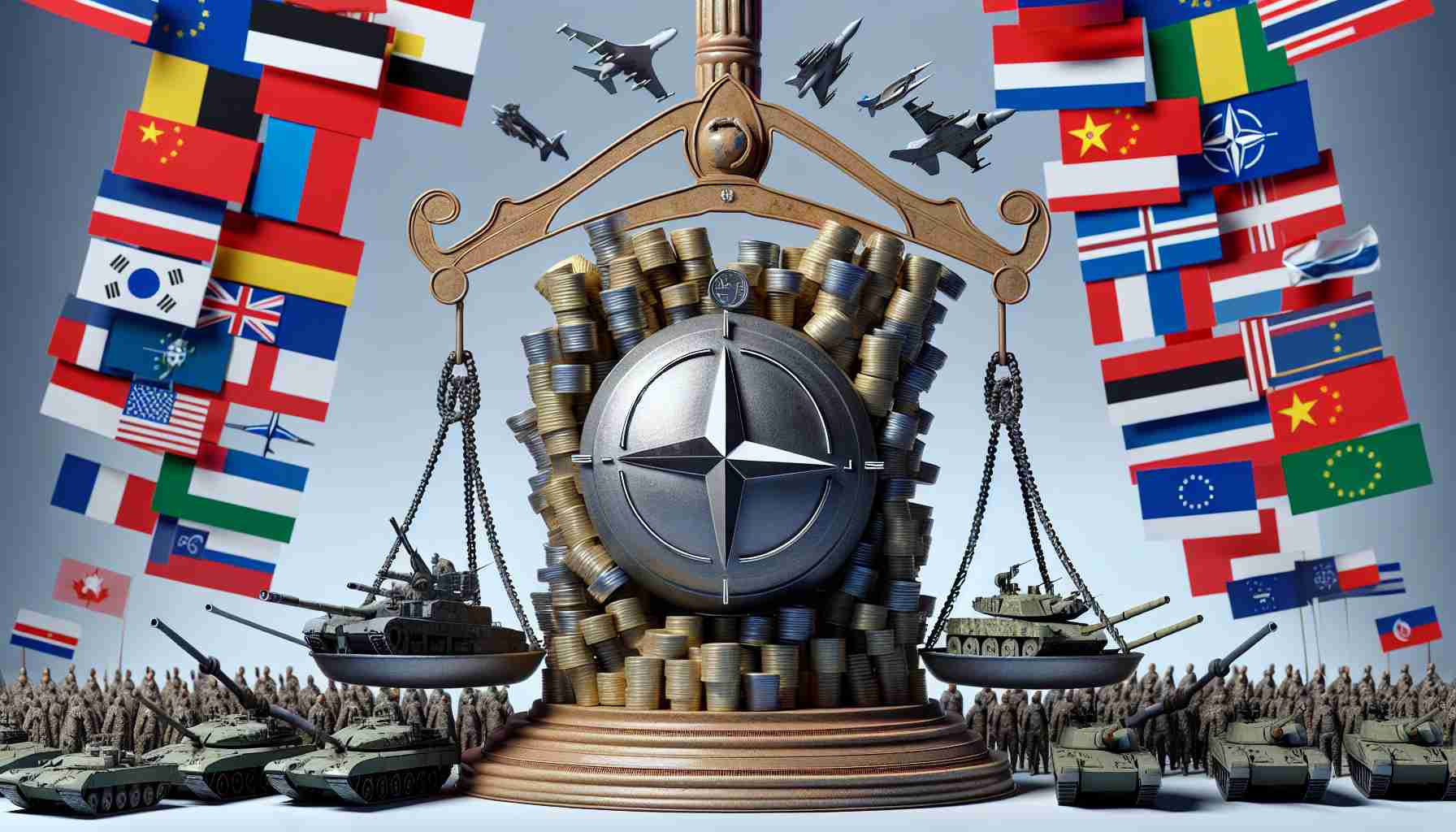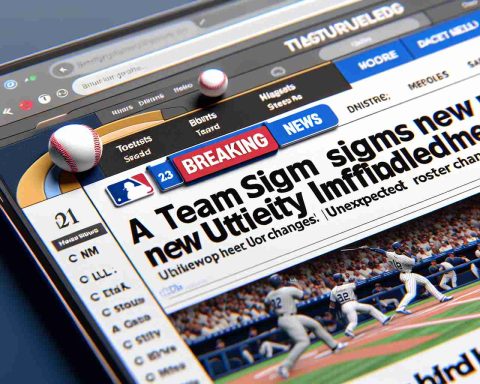The new Secretary-General of NATO has emphasized the urgent need for increased defense spending among member nations. In a recent address, Mark Rutte made it clear that he intends to collaborate with allies to ensure that all countries contribute fairly to collective defense efforts. His remarks particularly highlight the situation in Spain, which, according to NATO data, currently invests only 1.28% of its GDP in defense—significantly below the widely accepted target of 2%.
Spain’s government had pledged in 2022 to gradually increase defense spending to meet this benchmark by 2029. However, progress has stalled, leading to well-documented disputes within the Spanish administration regarding funding. Rutte pointed out that the existing global security threats are rising and stressed that each country must fulfill its financial obligations to NATO.
While acknowledging the conflict in Ukraine as a main focus during his tenure, Rutte affirmed NATO’s intention to boost support for Ukraine and increase its integration into the alliance. He asserted that lasting security in Europe is tied to a robust and independent Ukraine.
Moreover, Rutte did not shy away from addressing Vladimir Putin’s aggressive stance and remarked on the critical role that China plays in the ongoing turmoil. He warned that China’s involvement in the conflict would have broader implications for its international reputation. Rutte also reassured that regardless of the outcomes of the upcoming U.S. elections, NATO’s commitment to Ukraine’s defense would remain unwavering.
Increased Pressure on NATO Members for Defense Spending: Current Dynamics and Future Implications
In light of evolving global security threats, the pressure for NATO member countries to enhance their defense spending has intensified. With the ongoing conflict in Ukraine and a shifting geopolitical landscape, the call for increased military investment resonates louder than ever. This article delves into the broader implications of this push, key challenges faced, and the advantages and disadvantages tied to increased defense budgets within NATO.
What are the driving forces behind increased defense spending in NATO?
Several factors are urging NATO countries to elevate their defense expenditures. Primarily, the conflict in Ukraine has highlighted vulnerabilities among NATO members and the urgency of collective security. Additionally, rising aggression from non-NATO powers, particularly Russia and China, has prompted calls for greater military readiness. NATO’s enhancement of its deterrent posture, especially in Eastern Europe, requires significant financial commitments from member states. Furthermore, the ongoing modernization of military equipment and technology necessitates a robust financial backing to keep pace with current defense needs.
What challenges do NATO members face regarding increased defense spending?
1. Domestic Political Resistance: Many NATO member states face political opposition when it comes to increasing defense budgets. Voters may prioritize social welfare programs and economic recovery over military spending, particularly in nations where defense spending has historically been low.
2. Economic Constraints: The lingering effects of the COVID-19 pandemic have strained national budgets across Europe. Economic recovery remains a pressing issue, and some governments may find it challenging to allocate additional funds for defense without making cuts elsewhere.
3. Equitable Contribution Among Members: With varying levels of defense spending among member states, questions arise about equitable contributions to NATO. Countries like Greece and the UK exceed the 2% target, while others lag significantly behind, raising concerns about fairness and collective responsibility.
What are the advantages of increased defense spending for NATO members?
1. Enhanced Security: An increase in defense spending can lead to improved military readiness and a stronger deterrent posture against potential aggressors, fostering greater security for member states.
2. Greater Capability for Collective Defense: Enhanced military resources and capabilities enable NATO to effectively respond to a range of threats, reinforcing the principle of collective defense articulated in Article 5 of the NATO Treaty.
3. Strengthening Alliances: Investing in defense can help build stronger partnerships among NATO allies, contributing to more effective collaboration and information sharing.
What are the disadvantages of heightened defense expenses?
1. Budgetary Strain: Allocating significant resources to defense may result in reduced funding for essential domestic programs such as healthcare, education, and infrastructure, particularly in countries with limited budgets.
2. Potential for Escalation: Increased military spending could lead to an arms race or heightened tensions with adversaries, potentially destabilizing global security rather than enhancing it.
3. Public Perception: Growing defense budgets may engender public opposition or skepticism, especially if military spending is perceived as excessive in light of other pressing social issues.
As NATO adapts to contemporary security challenges, the dialogue surrounding defense spending continues to evolve. Member states must navigate the delicate balance between maintaining robust defense capabilities and addressing the needs of their citizens.
For further information on NATO’s current initiatives and defense strategies, visit NATO’s official website.











